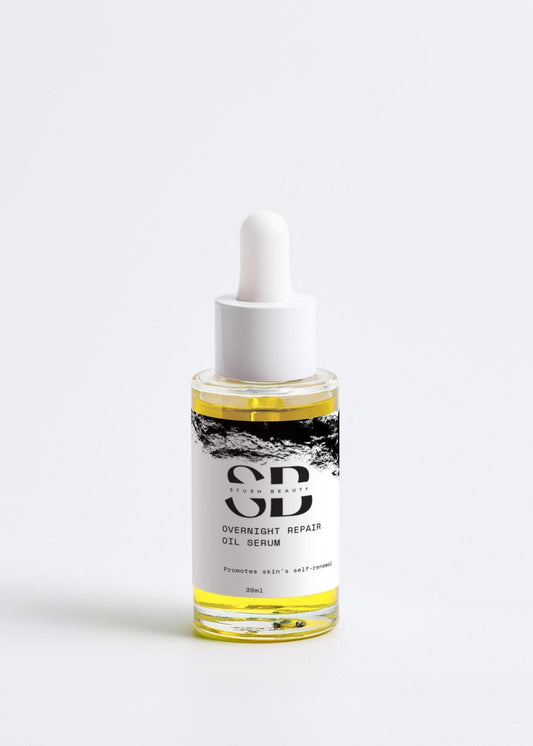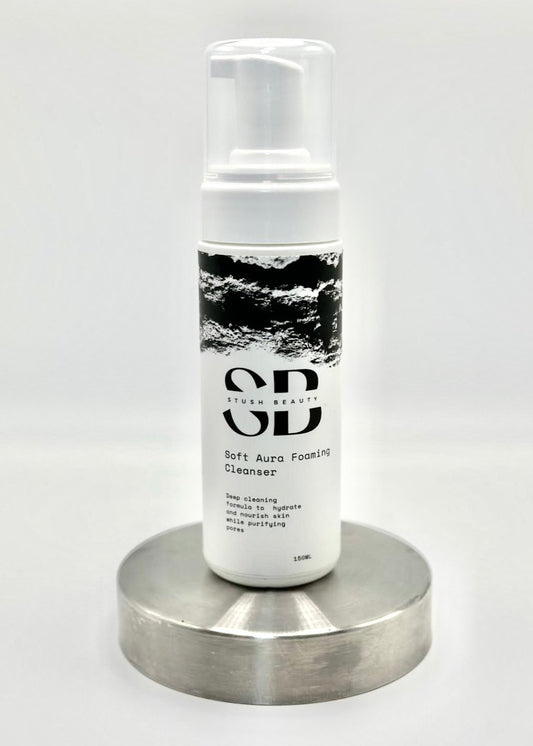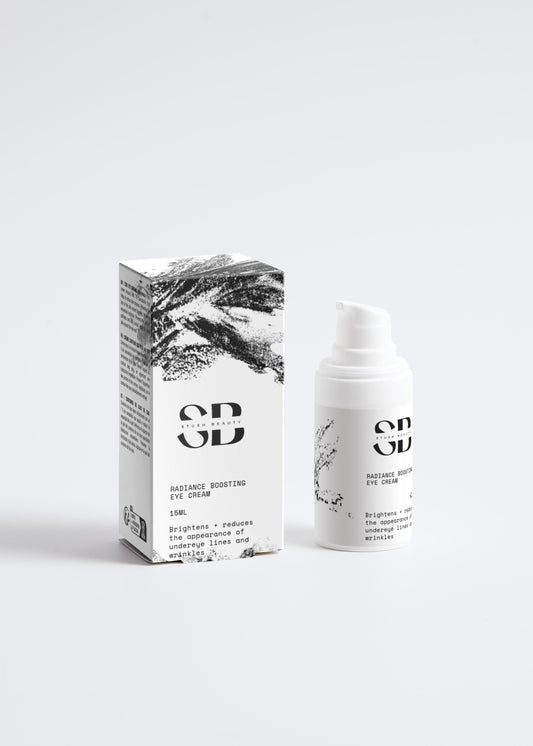Acne affects millions of people worldwide, transcending age, gender, and ethnicity. While its exact causes are still debated among dermatologists and researchers, there's a longstanding belief that diet plays a significant role in its development and severity. But does what we eat truly influence the appearance of acne? Let's delve into the science behind this intriguing question.
Understanding Acne:
Acne occurs when hair follicles become clogged with oil and dead skin cells, leading to the formation of pimples, blackheads, and cysts. Hormonal fluctuations, genetics, and lifestyle factors all contribute to acne development. However, the role of diet in this process has been a subject of much debate.
The Diet-Acne Connection:
For decades, certain foods have been implicated as potential triggers for acne breakouts. These include high-glycemic-index foods like sugary snacks and refined carbohydrates, dairy products, and foods rich in saturated fats. The proposed mechanisms linking these foods to acne involve their ability to influence hormones, increase inflammation, and alter skin cell turnover.
Research Findings:
While anecdotal evidence and certain studies suggest a link between diet and acne, the overall scientific consensus remains inconclusive. Some studies have shown associations between specific dietary components and acne severity, while others have failed to replicate these findings. Moreover, individual responses to dietary changes can vary widely, making it challenging to draw definitive conclusions.
A 2020 systematic review published in the Journal of the Academy of Nutrition and Dietetics analyzed existing research on the topic and found mixed results. While some studies demonstrated a modest association between certain dietary factors and acne, others found no significant correlation. The review concluded that more high-quality research is needed to elucidate the relationship between diet and acne conclusively.
The Importance of a Balanced Approach:
While the direct impact of diet on acne remains uncertain, adopting a healthy eating pattern can benefit overall skin health and may indirectly help manage acne. A diet rich in fruits, vegetables, whole grains, lean proteins, and healthy fats provides essential nutrients that support skin function and repair. Staying hydrated and minimizing consumption of processed foods and sugary beverages can also promote clear, radiant skin.
Practical Tips for Acne Management:
- Maintain a balanced diet: Focus on whole, nutrient-dense foods and limit intake of high-glycemic-index and processed foods.
- Stay hydrated: Drink plenty of water throughout the day to keep your skin hydrated and promote detoxification.
- Monitor triggers: Pay attention to how your skin reacts to different foods and make adjustments accordingly.
- Practice good skincare: Establish a gentle skincare routine tailored to your skin type, including cleansing, moisturizing, and sun protection.
- Consult a dermatologist: If you're struggling with persistent acne, seek professional advice for personalized treatment options.
Conclusion:
While the relationship between diet and acne is complex and multifactorial, there's growing recognition of the potential impact of dietary factors on skin health. While a healthy diet alone may not be a panacea for acne, it can complement other skincare measures and contribute to overall well-being. As research in this field continues to evolve, maintaining a balanced approach to diet and skincare remains key in managing acne effectively.




